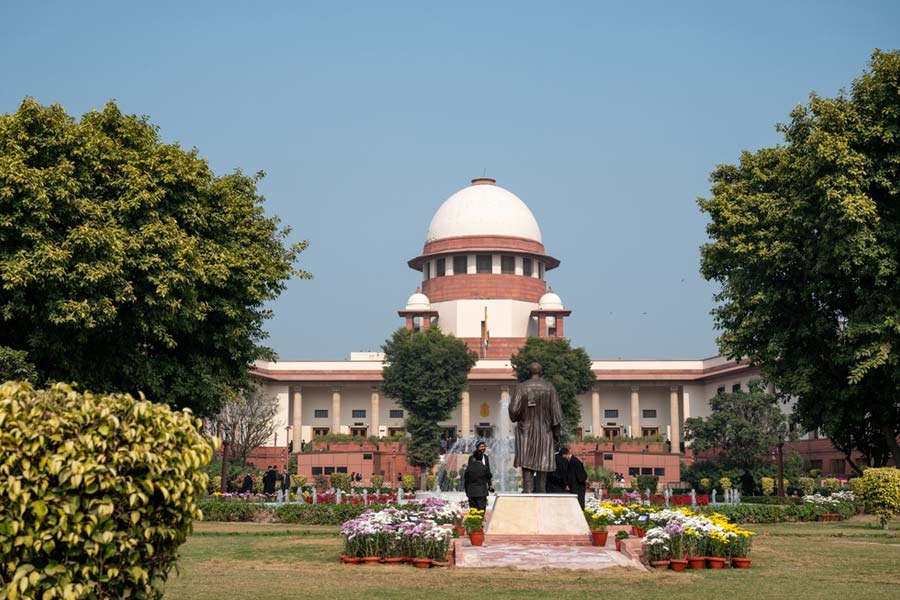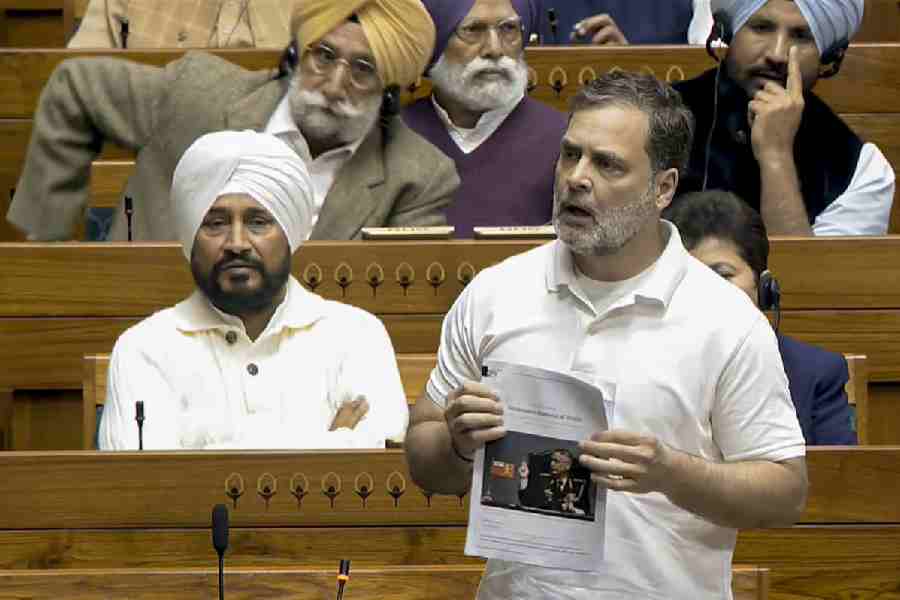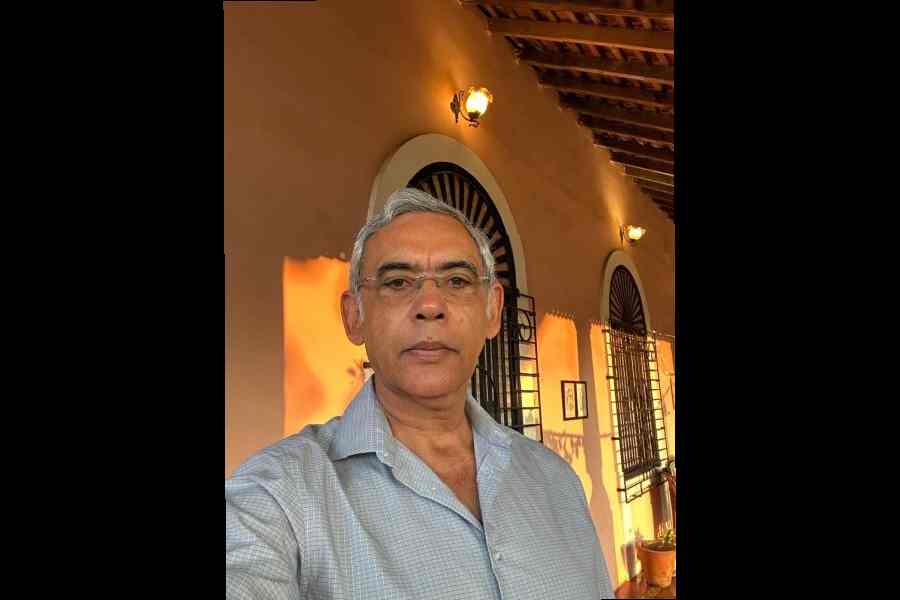The Supreme Court has upheld the dismissal of a Bengal-based Airports Authority of India (AAI) official after holding that even after his acquittal by Calcutta High Court in the corruption case registered by CBI, his sacking was justified on disciplinary grounds.
“In the case at hand, the subject matter concerns a domestic enquiry, where the strict rules of evidence prohibiting admissibility of confessional statements recorded by the police officials do not apply. Likewise, non-examination of the decoy cannot be treated to be fatal in the domestic enquiry where other evidence indicts the delinquent officer,” the apex court said in a judgment.
“Even a confession of the delinquent employee recorded by the trap-laying officer during the criminal investigation can be relied upon by the disciplinary authority.”
A bench of Justice J.K. Maheshwari and Justice Sandeep Mehta observed: “All that is required on the part of the disciplinary authority is that it should examine the evidence in the disciplinary proceedings and arrive at a reasoned conclusion that the material placed on record during enquiry establishes the guilt of the delinquent employee on the principle of preponderance of probabilities...,”
The bench passed the judgment while allowing an appeal filed by the AAI, challenging a judgment passed in March 2012 by a division bench of Calcutta High Court, which had set aside the dismissal of Pradip Kumar Banerjee and an order passed by a single judge who had upheld the dismissal on June 29, 2011.
Banerjee was arrested by CBI in a bribery-related case while working as an assistant engineer (civil). He was convicted for the offence by a CBI court, against which he had appealed at the high court.
While the criminal appeal was pending before the high court, the disciplinary authority, vide order dated July 13, 2000, dismissed Banerjee from service based on the CBI court’s order.
Banerjee was subsequently acquitted by the high court of the charges of corruption. He then appealed to the AAI and its appellate authority to reinstate him, which was rejected.
He then challenged the refusal to reinstate him before a single judge of the high court which dismissed his plea. But the division bench directed his reinstatement.
Aggrieved, the AAI filed the present appeal in the Supreme Court.
The apex court said on going through the material on record, it was of the view that the disciplinary authority was fully justified in imposing the penalty of dismissal from service.
“...we find that the impugned judgment dated March 1, 2012, passed by the division bench of the high court is unsustainable in the eyes of law. The same deserves to be and is hereby set aside,” Justice Mehta said.










